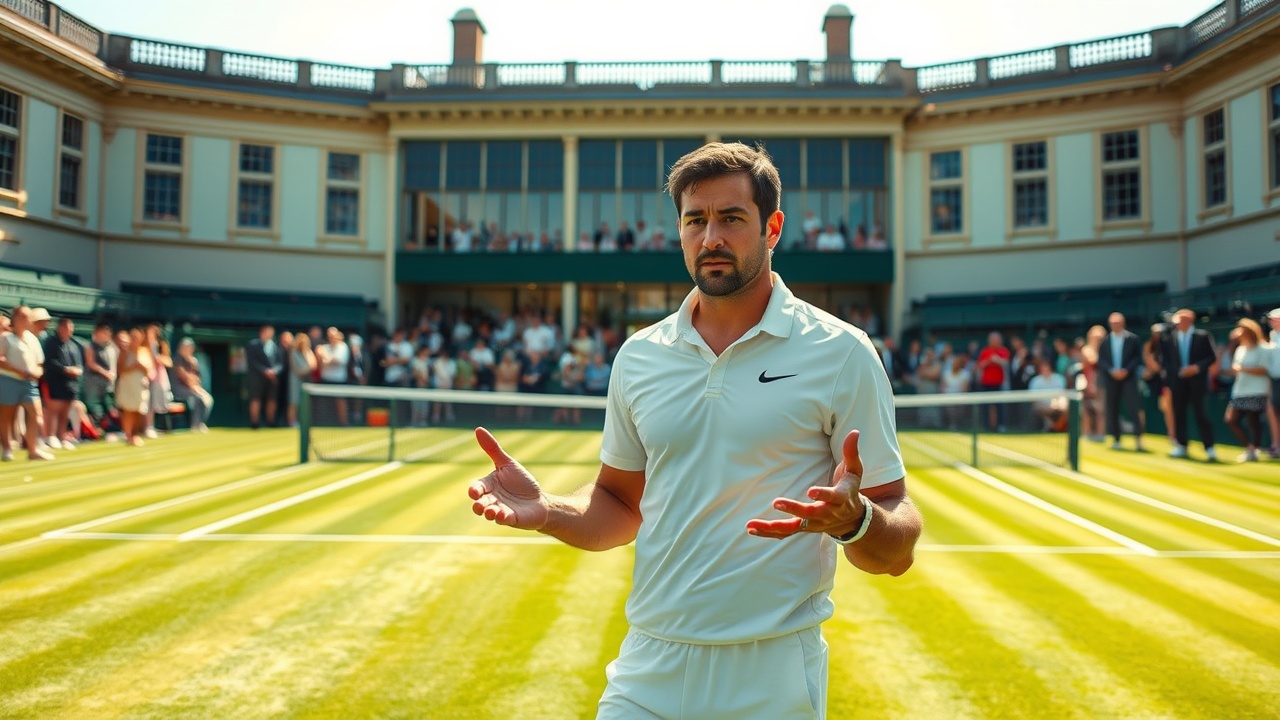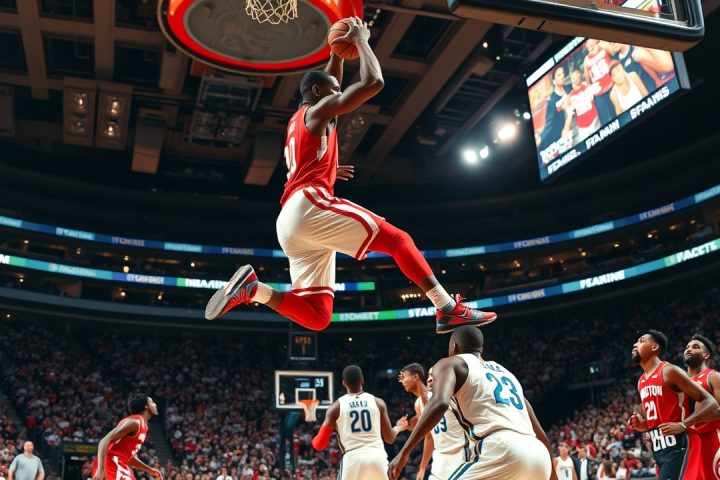Carlos Alcaraz’s Frustration with the Shot Clock Rule
Carlos Alcaraz, the ATP World No. 2, has expressed considerable frustration regarding the shot clock rule during his recent matches, particularly highlighting its implications during the 2025 Queen’s Club Championships. Winning this prestigious title by defeating Jiri Lehecka in the final, Alcaraz has showcased exemplary form since the clay-court season commenced in April.
Pivotal Moments in the Tournament
A pivotal moment in his tournament journey came in the round of 16 when he faced fellow Spaniard Jaume Munar. The encounter was marked by intensity, featuring long exchanges and an exhausting 102-minute second set, ultimately concluding with Alcaraz winning 6-4, 6-7, 6-5. The match took place under sweltering conditions in London, which added to the players’ exertions and heightened the heat of competition.
Post-Match Reflections
“It was really hot out there… I felt like I had no time to recover between points. I was in a rush all the time.”
Post-match, Alcaraz shared his disappointment with the handling of the shot clock by the umpire, feeling that there should be more flexibility given the physical demands of the match. This constant pressure, he suggested, impacted his ability to approach each point calmly and effectively.
Advocacy for Change
Both players, Alcaraz and Munar, were uneasy with the timing, prompting Alcaraz to advocate for adjustments to the shot clock rule. He argued that after strenuous exchanges, particularly during lengthy rallies, players should be allowed additional time to regroup.
“I should have a little bit more time just to approach the next point in a proper way,”
he emphasized.
A Pattern of Discontent
This isn’t the first instance this season where Alcaraz has voiced discontent regarding the shot clock. His earlier experience at the 2025 Miami Open, where he also felt rushed, added to his growing frustration with the implementation of the rule. Given the unique challenges imposed by hot weather and prolonged rallies, many have speculated that umpires should exercise greater discretion in timing to reflect the players’ physical efforts.
Emotional Toll of Competition
Additionally, during the high-pressure match against Munar, Alcaraz displayed uncharacteristic frustration, which shocked fans familiar with his usually upbeat demeanor. After a break of serve in the third set, he was observed swearing in Spanish towards his support team, further illustrating the emotional toll such tense encounters can exert on players.
Conclusion
Carlos Alcaraz’s calls for reforming the shot clock regulations reveal the ongoing conversation in tennis about balancing competition structure with player welfare, especially during demanding matches.




